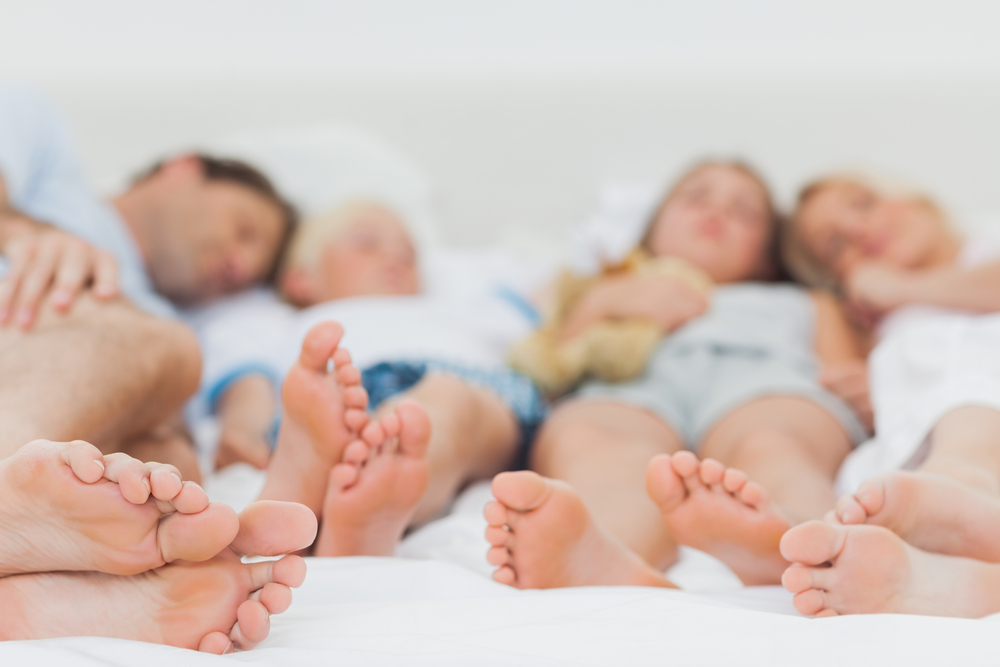Sleep Myths Debunked: 4
It’s no wonder there are so many myths about sleep.
Modern sleep research only really began in the middle of the 20th century, with the milestone discovery of REM sleep in the 1950s.
Before that, sleep was widely regarded as a ‘passive process’ and hence, not of great interest in terms of scientific inquiry.
When it comes to real ‘facts’ about sleep, this relative lack of empirical evidence, has, over the years led to a disproportionate amount of homespun advice, folk wisdom and old-wive’s tales.
There are many mysteries of sleep yet to be solved. The good news is, in the last few decades, science has been able to separate a lot of the fiction from fiction.
Over 11 days, we are exploring some of the scientific research behind 33 of the most commonly held myths and misconceptions about sleep.
10: Daytime naps are a waste of time
In many western societies, the concept of taking a nap is viewed in a very negative light. If you’re ‘caught napping’ at work your colleagues probably think you’re a lazy so and so, and you’d be better off drinking a strong cup of coffee to perk you up.
But napping needs to be given more respect, it can improve your performance in the workplace and may even save lives.
A NASA study in 1989 showed that pilots without a rest nodded off 5 times as much as those who took a 25 minute nap during their shift. And if you still believe that naps are just for lazy people, think again, famous nappers through the ages include Einstein, Thomas Edison, John F. Kennedy and Bill Clinton.
11: Never wake up a sleepwalker
It can be quite unsettling to discover a loved one or a member of your family sleepwalking. Such nocturnal activities can range from a simple night-time stroll through to complex actions including driving or using a computer.
Although we’re beginning to understand the causes of sleepwalking, much of our current knowledge has been clouded by urban legend and fiction from books and movies.
One of the commonly held beliefs is that if you wake someone up whilst they’re sleepwalking, you’ll cause such a shock that they may suffer from a heart attack, or even die. Whilst it’s true that waking a sleepwalker may cause some distress, there is no documented evidence to prove that it can be fatal.
12: Eating turkey sends you to sleep
Have you heard about the ‘turkey coma’. This phenomenon can be observed after the meal at Christmas or Thanksgiving when relatives start falling into post-prandial slumber.
The standard explanation for this myth goes like this: Turkey contains tryptophan, a chemical used to produce serotonin, which in turn has the effect of sending us to sleep.
This urban legend is so popular it was even the premise for a whole episode of the comedy series Seinfeld.



